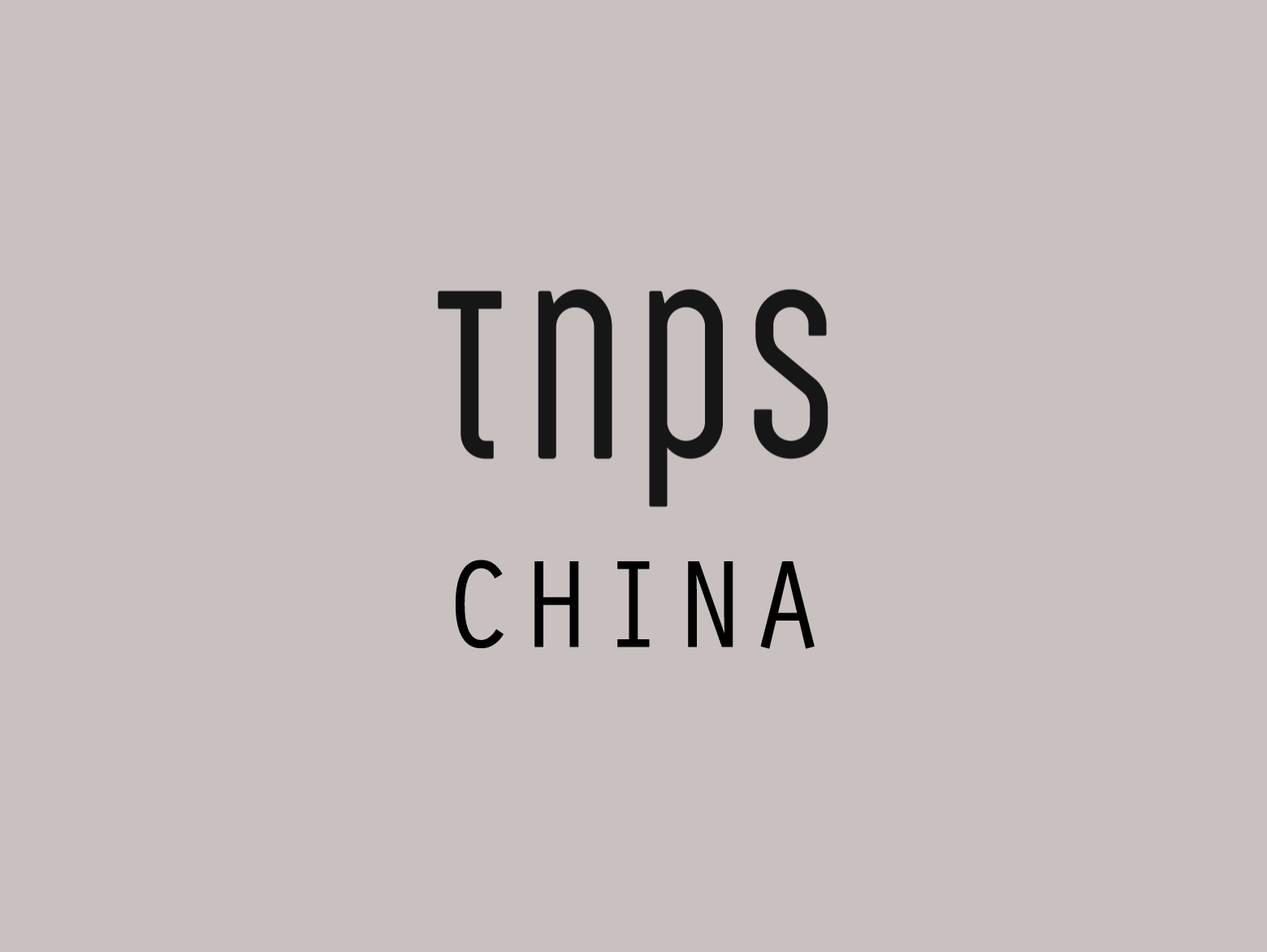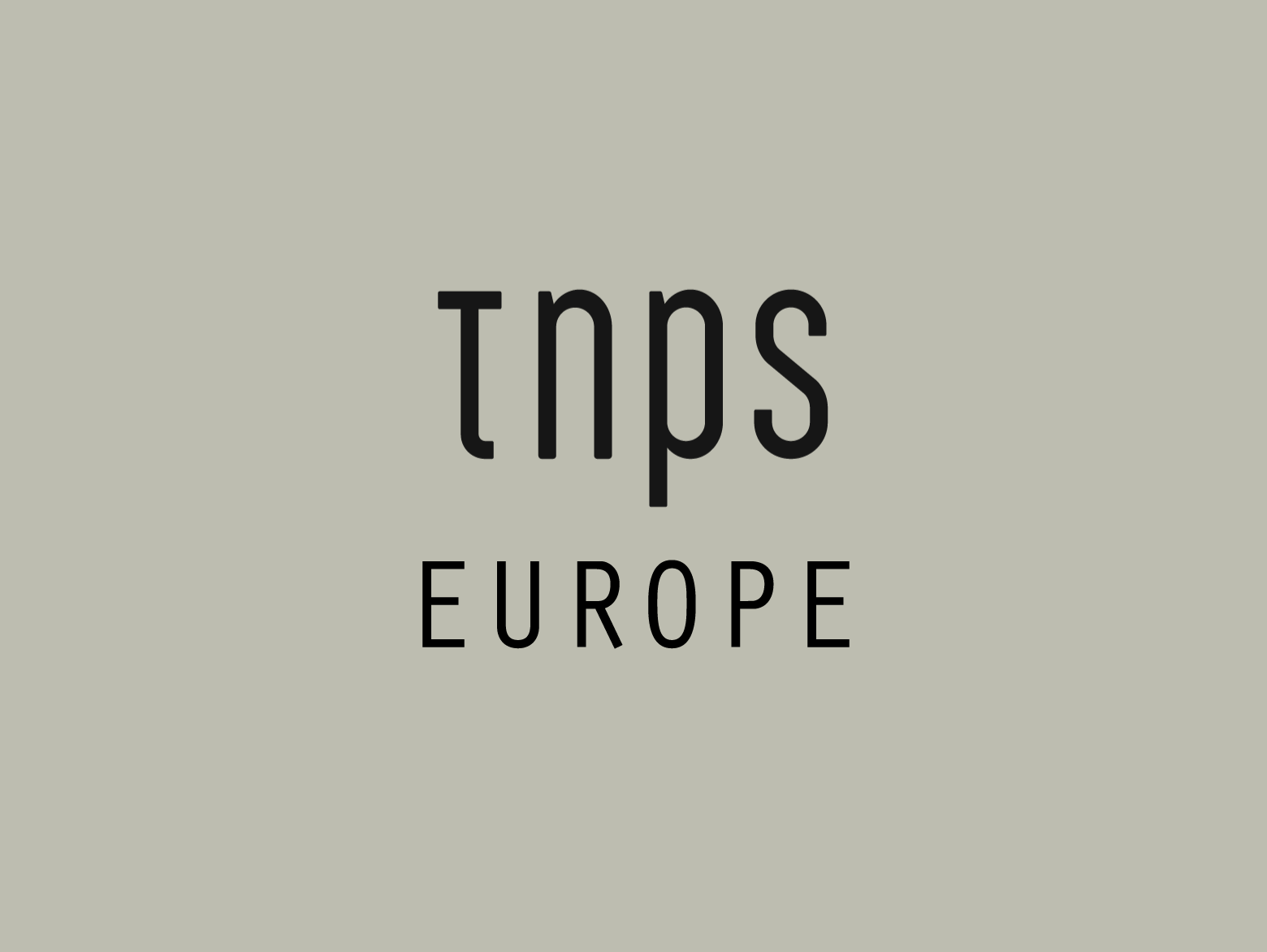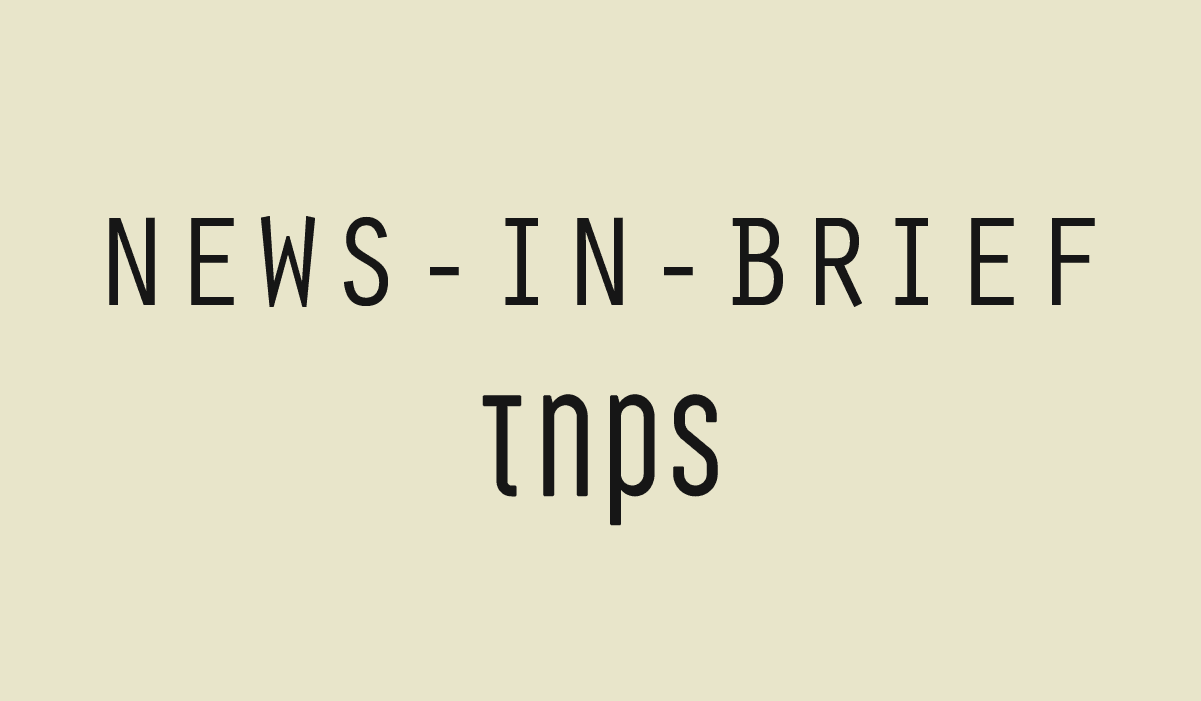“Layers of branding become confusing, not clarifying, and the tone of many programs will always get shrill when…” – Porter Anderson, Publishing Perspectives.
With 75 years under its belt, the Frankfurt Book Fair, aka the Buchmesse, is rightly regarded as the single most important book fair in the global publishing calendar, and for much of its rich history, that position has been undisputed.
Even in the glory days of London and New York, Frankfurt stood apart as not only the major autumn publishing event, but the first-choice for the entire year.
Those glory days, of course, are long gone. Book Expo America is but a distant memory, and the London Book Fair remains a shadow of its former self.
Both events were, from conception, fatally flawed – book fairs run for profit by outsiders, for an industry the organisers never fully understood or cared about. After BEA shut its doors for the last time, the only surprise is that London has remained as strong as it has.
Ghost Town
The current fly-by-night London Book Fair captain, with no prior background in publishing, is Gareth Rapley, who succeeded the one-year-wonder Andy Ventris, who in turn succeeded Jacks Thomas, an industry professional who managed seven pretty good years at the helm. It was beyond sad that she should have left under the cloud that was the hosting company’s response to the Covid-19 crisis.
Sadly, the UK publishing industry then and since seems quite unable or unwilling to grasp the need to run the London Book Fair on its own terms, and is sleepwalking into the same fate that befell BEA.
Wouldn’t it be great if Jacks Thomas and some other industry folk got together and set up an annual industry event where all the focus was on covering costs and developing the industry’s potential, instead of lining the pockets of hosting company shareholders…
We’re seeing it happen right now in the US, with the PW Book Show that has succeeded Book Expo America. A publishing industry fair run by people who actually know and care about the publishing industry.
But the London Book Fair in its present form seems destined to slowly fade into irrelevance, riding on its English-language credentials to maintain some legitimacy in a fast-changing global publishing landscape.
Sheer panic
Witness the sheer panic last year when spring-fair rival Bologna set its 2024 dates to happen just before the already announced #LBF24 dates.
It was a sad demonstration of Rapley’s insecurity as a traditional events organiser out of his depth, that stemmed from the simple reality that a) a book fair is not like a boat show or a car show or a home exhibition, b) that despite the key missing word, LBF is an international book fair, not a domestic show, and c) the global publishing industry no longer revolves around the Atlantic axis of New York-London-Frankfurt.
Rights deals? Be serious. No-one goes to a book fair, sits down and reads a book they’ve never seen before, and signs a major deal with the publisher on the spur of the moment. As we saw during lockdown, when rights deals carried on much as if nothing had happened, most of the work is done online long in advance. There is no deal on the planet that must only be signed in London and cannot be signed just as effectively in Bologna, Paris, New York, Sharjah, Canberra, Nairobi, Ulan Bator… The geographical location of a rights deal signing is all about leveraging the expenses account.
Nothing wrong with that, of course. No question being at book fairs is great fun, and networking can be invaluable and serendipity is always a thing. But let’s not pretend for one second that it is essential, or that City A is somehow so much more important than City B.
As I asked in the above post, “What can London offer that Bologna cannot? And why should publishers with limited budgets amid a global economic downturn even need to be at two not-so-very-different European book fairs just a few weeks apart, when they have PW’s US Book Show to attend in May?“
LBF is a trade-facing event, in a venue that is far from ideal, with the Olympia revamp still happening, in a country with a very challenging visa system that actively deters/prevents overseas visitors, and post-Brexit that includes fellow Europeans.
No-one packs an Italian or German phrase book when they attend Bologna or Frankfurt
When the Olympia venue is, eventually, fully functional, it may well be better than before, but will remain a crowded, expensive and unwieldy place to hold a book fair.
We can safely say it won’t get any easier for overseas trade visitors to get into the country, although that’s increasingly irrelevant as LBF’s international credentials continue to be sidelined.
But to come back to the above question: What can London offer that Bologna cannot, other than the English language? And even that’s no big deal any more. No-one packs an Italian or German phrase book when they attend Bologna or Frankfurt.
That’s not to say #LBF24 does not have some points of interest. Let me single out one: “The Future of Audio in Publishing: Global Trends and the Impact of AI” promises to make the event worthwhile all on its own, with Bookwire GmbH‘s Videl Bar-Kar, the Audio Publishers Association’s Michele C. (Cobb), Audible’s Aurelie de Troyer, Storytel’s Helena Gustafsson, and all importantly given recent industry developments, Spotify’s Owen Smith and Penguin Random House’s Amanda D’Acierno.
For that alone, I can forgive almost all Gareth Rapley’s sins. Almost.
It says a lot when the LBF website has to rely on a promo quote from Sadiq Khan, the Mayor of London. The Mayor of London promoting an event in London! What better endorsement!
And the arrogance of #LBF24 claiming to be “the first international publishing event of the year” just beggars belief, and shows the bubble Rapley resides in.
Memo to Gareth: London, Bologna and Frankfurt are not the only publishing events in the world. And to the extent that Bologna and Frankfurt remain pre-eminent, it’s because they keep evolving as the industry evolves, and because they understand their competition is not London, but the rest of the world.
Sure, there’s almost one thousand exhibitors lined up, and over 100 seminars, but what is there to get excited about?
Three-day trade fairs like LBF, FBF and BCBF are nowadays having their lunch eaten by traditionally more-public-facing global fairs that now have built out Professional Days events as part of their game.
A masterclass in internationalism
Look at Cairo, happening now, or Chennai last month. Look at the New Delhi World Book Fair (all happening before LBF), or Abu Dhabi or Sharjah or… It’s an ever-growing list of major international publishing events that are providing a trade focal point, and that are no longer just regionally focussed.
The 2nd Chennai International Book Fair was a masterclass in internationalism. Sharjah ’23 was cosmopolitanism writ large.
From TNPS last year:
“From Buenos Aires to Sharjah to Thailand to Taiwan, it’s the same picture of book fairs bringing together trade and readers, something most western book fairs, like London, have studiously avoided – a throwback to the gentleman’s club days of publishing when white men in suits decided what would be printed, ink on paper, for the unwashed masses to read.
“A throwback, that is, to May of this year, when gatekeeper emeritus Markus Dohle was still insisting, ‘Readers need guidance and orientation provided by publishers and retailers who help them to find their next best read.’
“With Markus Dohle’s long overdue departure from PRH, one of the last dinosaurs stepped away from the coalface of publishing, but these historical anachronisms lingers on, not least in the way the major western book fairs are still partying like it’s 1999.”
The elephant in the room
But let’s gravitate towards the headline, and at least enter Germany, where this year the Leipzig Book Fair is looking to beat 2023’s 274,000 visitors.
The Leipzig Book Fair lost its long-time (since 1993!) director, Oliver Zille, last year, although the 2024 edition will be very much his work, as everything had been prepared by when he stepped down.
Zille’s successor, Astrid Böhmisch, is faced with the minor problem of making an already successful fair format even better in 2025, and audio will be among her primary focuses.
But what of the elephant in the room, the Buchmesse itself?
Pre-Covid, the Frankfurt Book Fair was making a name for itself as a truly international event, but since the world returned to its New Normal, the Buchmesse has been coasting. Still, by far, the most important book fair in the western publishing calendar, but not the global attraction it once was.
Venues like Sharjah have been actively chasing the emerging market publishing sectors that, pre-Covid, the Buchmesse seemed keenly interested in. And as noted above, many book fairs outside the western publishing comfort zone have been actively growing their professional elements.
The struggle to stay relevant
Then in 2023, the Buchmesse was hit by an Arab/Muslim boycott, and while the Palestine crisis has faded from the headlines, the suffering goes on, and it’s hard to imagine that the conflict will be resolved by the time of Buchmesse ’24, and that in turn raise questions about how the Arab and wider Muslim world (in 2023 several non-Arab Muslim countries joined the Buchmesse boycott) will adjust their stance on Frankfurt.
Buchmesse ’23 held such promise. From TNPS just weeks before the event:
“The 2023 edition of the Frankfurt Book Fair promises to be the best since the Covid disruption began, and for the first time since 2019 I’m glued to the Buchmesse news as the pre-event online sessions get underway and the main event approaches, excited by the possibilities as the Frankfurt Book Fair finally returns to form as the autumn’s pre-eminent western publishing event.”
To its credit, the Buchmesse organ Publishing Perspectives has maintained its excellent coverage of UAE events despite the Sharjah-led boycott of Frankfurt ’23, and we must all hope some sort of understanding can be reached by this coming autumn, whatever happens in Gaza.
But the boycott is just one of many pressures on the Buchmesse as it, like all the other book fairs, struggles to stay relevant.
Traditionally, the Publishing Perspectives coverage of rival fairs has been neutral, and all the major western trade fairs are regularly covered, along with the major UAE fairs (Sharjah and Abu Dhabi). For the rest of the world coverage is hit and miss.
But what we’re seeing this year is some overt criticism of rival western events, suggesting some at the Buchmesse are perhaps feeling the heat.
Some 40% of a recent Publishing Perspectives article about the up-coming Bologna Book Fair was spent sniping at global book fair trends. This was Porter Anderson in January:
“The multiplicity of sub-fairs and side-fairs means a growing level of announcements and requests for world publishing professionals’ attention, even as other events in other markets compete for the same visibility and with much the same tactic of layered branding.
“In the meantime, however, it’s worth looking at the trend among book publishing’s trade shows, book fairs, and other events, whether industry- or public-facing. Layers of branding become confusing, not clarifying, and the tone of many programs will always get shrill when one slate of events and its elements must compete with the programs and elements standing just feet or yards or even buildings away from it on the same dates, the same hours, and in the same venue.”
Ouch!
Disproportionate
Yes, TNPS is free with its criticisms of book fairs, of course, as this post shows, but TNPS is not, as Publishing Perspectives is, “a brand of Frankfurter Buchmesse GmbH.”
The Buchmesse has reason to feel insecure, but not because of Bologna, London or New York.
From TNPS back in September 2023:
“Major autumn events like Sharjah and Guadalajara are, at this juncture, not in direct competition with Frankfurt, but Guadalajara is the gateway to Ibero-America and Sharjah the gateway to the Middle East-Africa-Asia, and increasingly beyond. These are future clashes waiting to happen as Sharjah, especially, flexes its muscles as this decade unfolds.”
With Porter Anderson’s partisan sniping at Bologna in 2024, while the Arab boycott of Frankfurt 2023 passed with little more than an acknowledgement of fact last October, and while Publishing Perspectives coverage of UAE affairs remains disproportionate (the only mention of Cairo this year has been a plug for Abu Dhabi), the balance of global publishing power has just taken another inexorable shift east.
This post first appeared in the TNPS LinkedIn Pulse newsletter.





